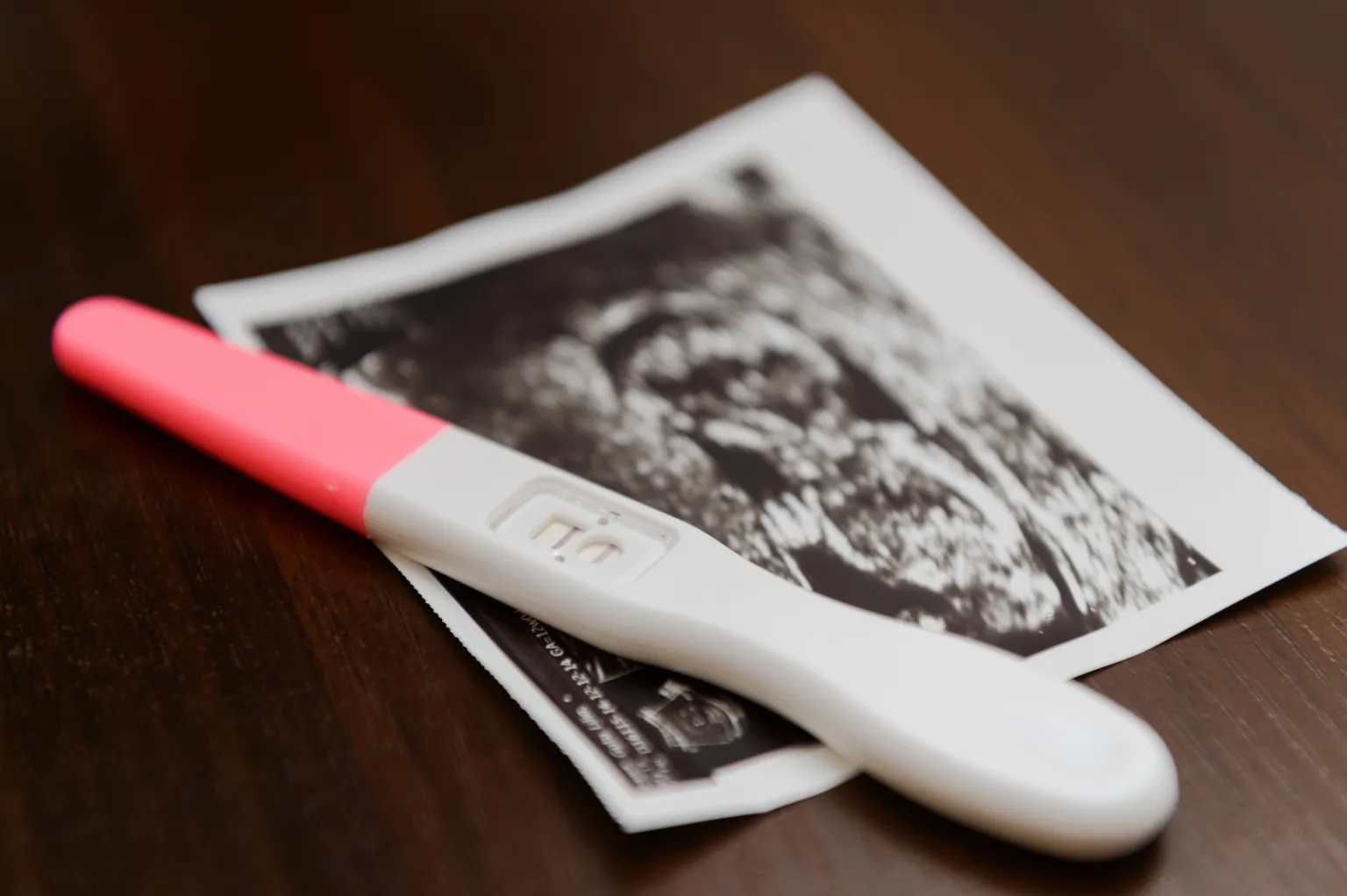
Trying to grow your family is supposed to be a time of hope. But for many people, that journey becomes marked by heartbreak, especially when it involves recurrent pregnancy loss—the experience of losing two or more pregnancies.
It’s more common than most realize and even more misunderstood. On top of the physical loss, it can bring deep emotional pain, anxiety about trying again, and feelings of isolation. This is especially true when pregnancy loss is paired with infertility or trouble getting pregnant.
You are not alone. And your grief is real.
What Is Recurrent Pregnancy Loss?
Recurrent pregnancy loss (often shortened to RPL) is when someone has two or more miscarriages. These losses usually happen in the first trimester (before 12 weeks), but some may occur later in pregnancy.
There are many possible causes, including:
- Genetic issues, like changes in the chromosomes of one partner
- Problems with the uterus, such as fibroids or structural differences
- Hormonal irregularities (such as thyroid conditions, endometriosis or PCOS)
- Blood clotting conditions
- Autoimmune disorders
- In many cases, no clear cause is found
Getting a full medical evaluation can help identify any treatable factors. For some, treatment may involve fertility support, surgery, or medication. But for many, answers remain unclear—which can make the grief feel even heavier.
Why the Grief Feels So Deep
Losing a pregnancy is more than just a physical event—it’s a loss of dreams, hopes, and the future you imagined. When this happens over and over again, it can feel like a rollercoaster of hope and heartbreak.
Many people describe feeling:
- Deep sadness and depression
- Anxiety about trying again
- Guilt, shame, or feeling like their body failed them
- Anger, especially when others seem to get pregnant easily
- Disconnect from their partner, friends, or family
This kind of grief is often called “invisible” or disenfranchised—because it’s not always seen or acknowledged by others. People may not understand how real the loss is, especially if the pregnancy was early. But every loss is real. And every loss matters.
The Overlap with Infertility
Pregnancy loss and infertility are deeply connected. Some people can get pregnant easily but can’t carry a pregnancy to term. Others may struggle to conceive again after a loss.
Living in this in-between space can feel incredibly confusing. You might not feel like you belong in fertility support groups or loss support spaces. You may wonder what’s “wrong” with your body or feel unsure how to move forward.
The truth is: there is no right way to grieve, and no single path to parenthood.
What You Can Do
1. Seek Medical Support
If you’ve had two or more pregnancy losses, talk to a fertility specialist or OB-GYN with experience in recurrent loss. There are tests that can help uncover causes—and treatments that may help in future pregnancies. Naturopathic Doctors can also play a vital role in your reproductive health and should be consulted for support and optimization.
2. Get Emotional Support
The emotional toll of RPL is heavy, and you deserve support. Consider:
- Speaking with a therapist or counsellor who understands grief or reproductive loss
- Joining a pregnancy loss support group (many are virtual and free)
- Practicing self-compassion and taking breaks when needed
- Talking openly with your partner or loved ones—even if it feels awkward
- You do not need to “just try again.” You need time, healing, and care.
3. Remember You’re Not Alone
So many people experience pregnancy loss, even if they don’t talk about it. Sharing your story—if and when you’re ready—can help you feel less alone and might even help others.
Where to Find Help
Here are some trusted resources for support:
- Pregnancy and Infant Loss Network (PAIL Canada)
- Fertility Matters Canada
- Canadian Mental Health Association
Final Thoughts
Recurrent pregnancy loss is not just a medical issue—it’s a life-altering experience. It can shake your confidence, your sense of self, and your relationships. You may feel grief, anger, confusion, or all of the above.
Whatever you’re feeling is valid.
There is no timeline for healing, no perfect next step, and no one-size-fits-all answer. But there is support. There are professionals who care. And there are others who have walked this path and made it through.
Your pain matters. Your story matters. And you are not alone.
